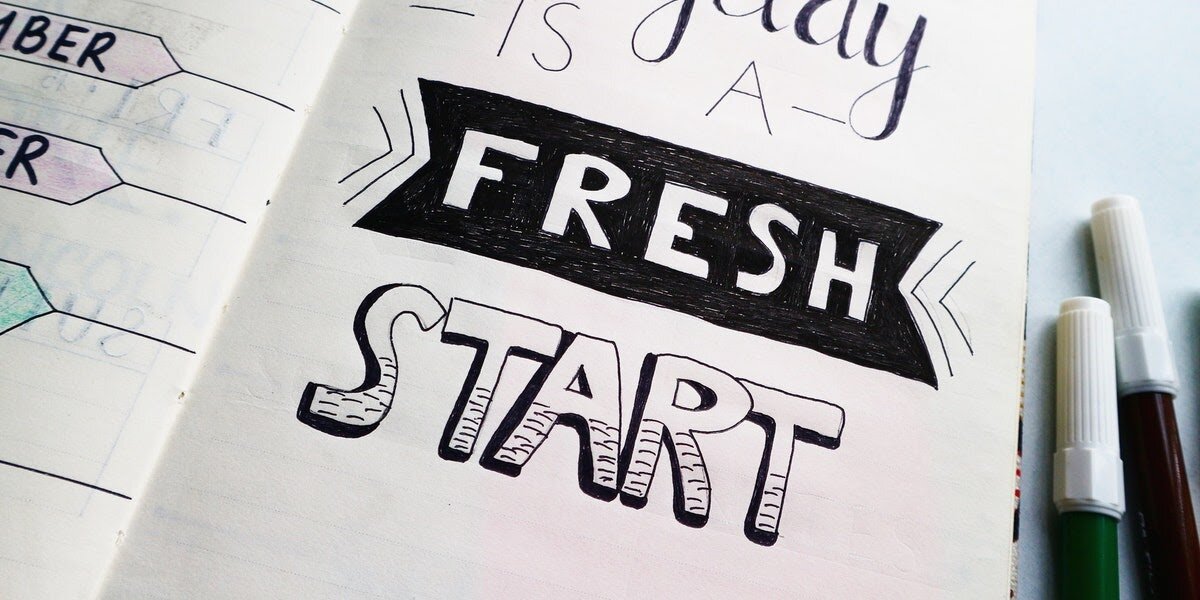The recovery process is a personal journey, though there are some transitions that everyone must face. And one of them is transitioning from a rehabilitation facility and back home (or to a sober living home).
Everything you do is a step forward, and this transition prepares you for a life of sobriety. However, when you’re still new to recovery, returning home to the same environment with the same triggers can put you right back into addiction.
Fortunately, you do not have to make this transition alone. Recovery coaching is available through Bridge The Gap. These services are designed to support individuals who are struggling with addiction. Let’s learn more about how these support services can help you through your transition from rehab to sober living.
Common Challenges after Drug Rehab
Recovery is a lifelong journey but rehab is only a snapshot. Most people start with detox and therapeutic intervention, but these programs usually only last for 30, 60 or 90 days. Unfortunately, this isn’t enough time to heal from substance abuse, mental illness and all the other consequences from the addiction.
When people return home after treatment, they often walk into the same environment with the same triggers. And because they haven’t had time to apply everything learned in treatment, these triggers can catch up to them and cause relapse. Thankfully, Bridge the Gap makes this process easier thanks to our addiction coaching services.
Here are some of the most common challenges that people in recovery face when they return home:
-
Finding safe, affordable housing
-
Obtaining employment and earning an income
-
Rebuilding a healthy schedule
-
Finding new hobbies, passions and ways to spend their time
-
Coping with different life circumstances
-
Triggers, cravings and relapse
How Recovery Coaching Can Support Those in Transition
There are many transitions in the recovery process, and moving from rehab to sober living is one of them. It’s also one of the hardest because people are not yet strong in their recovery. But if they stick to their goals, follow their aftercare plan and keep making healthy choices, they will eventually grow stronger and be able to fight temptation.
In the meantime, an addiction coach can walk with them and support their journey. Here are some of the ways that recovery coaches can help you.
-
Create an individualized self-care plan. When utilizing Bridge The Gap’s addiction coaching services, you’ll receive an individualized self-care plan. This plan establishes structure, accountability and consistency.
-
Encourage participation in a recovery program. We believe that the 12 steps are vital to a healthy recovery, though we realize that they are not for everyone. All we ask is that you be open and willing to participate in a recovery program of this sort.
-
Expand the support system. Through 12-step groups, group therapy, volunteering, friends/family, etc., we help our clients build a strong support system they can count on.
-
Build relapse prevention plans. Our addiction coaches also build relapse prevention plans to help clients manage daily responsibilities, social engagements and emotional triggers.
-
Administer drug testing. Only when requested, our recovery coaches will administer a breathalyzer or drug test. Some family members request these services to ensure their loved one is staying sober.
-
Establish goals. It’s important to have goals because this gives you something to work for. We help our clients establish goals, apply their strengths and live effectively in their communities.
Getting Started with Addiction Coaching
There are no requirements to work with one of our recovery coaches from Bridge The Gap. We are willing to work with people in all stages of the recovery process, though our services are often utilized during periods of transition. Everything we do is individualized to the client’s needs, and you expect the same for yourself or loved one. This way, we can provide the very best support services that align with our clients’ lifestyle and goals.
To learn more about recovery coaching from Bridge The Gap, contact us today at 805-558-4599.



